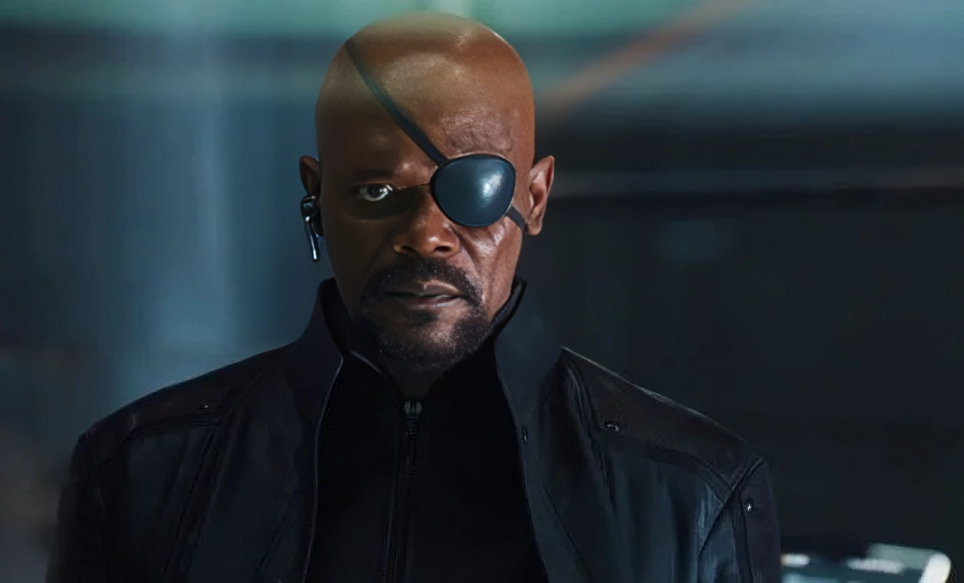From Addict to Icon: The Untold Rise of Samuel L. Jackson
Samuel L. Jackson didn’t land his big break until age 43. Before fame, he was a stage actor battling addiction, working as a social worker, and active in civil rights protests. His life spiraled when crack addiction took hold, leading to an overdose in front of his 8-year-old daughter. After rehab, Spike Lee cast him in Jungle Fever as a crack addict. Later, Jackson nearly missed Pulp Fiction—a role written for someone else—but nailed the audition with a burger and Coke in hand. Today, he’s the highest-grossing actor ever, with films earning over $27 billion. He overcame addiction, racism, and obscurity to become a Hollywood icon.
ORDINARY TO EXTRAORDINARYSUCCESS STORY
Thrivevision
5/19/20251 min read


Samuel L. Jackson didn’t rise to fame overnight. His journey to becoming one of the highest-grossing actors of all time was filled with pain, perseverance, and powerful comebacks. Jackson was already in his forties when his breakthrough came, and until then, his life was anything but glamorous.
Born in Washington, D.C., and raised in segregated Tennessee, Samuel Jackson faced racism early on. He attended Morehouse College, where he got involved in the civil rights movement. He initially wanted to be a marine biologist but was drawn to acting through campus theater. However, Jackson’s struggles didn’t stop at racial barriers or career hurdles—he battled a crippling crack cocaine addiction for years.
He overdosed in front of his eight-year-old daughter—a moment that forced him into rehab. Just two weeks later, he auditioned for Spike Lee and landed a role in Jungle Fever as a crack addict. The role, ironically, was a mirror to his own life. Then came the opportunity of a lifetime—Pulp Fiction. Though Quentin Tarantino had written the role for someone else, Jackson stormed into the audition with a burger and a Coke, stayed in character, and completely owned the room.
Today, Samuel L. Jackson’s films have grossed over $27 billion. From civil rights protester to global icon, he proved that your past doesn’t define your future. His story is a powerful reminder: it’s never too late to become the best version of yourself.
Inspiration
Explore success stories and motivational journeys today.
Growth
Vision
© 2025. All rights reserved.
